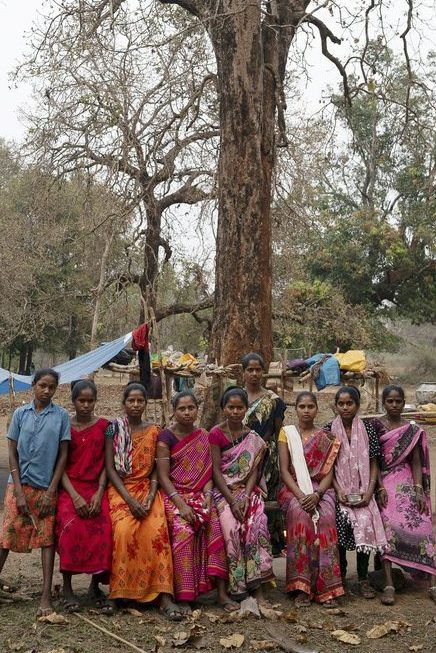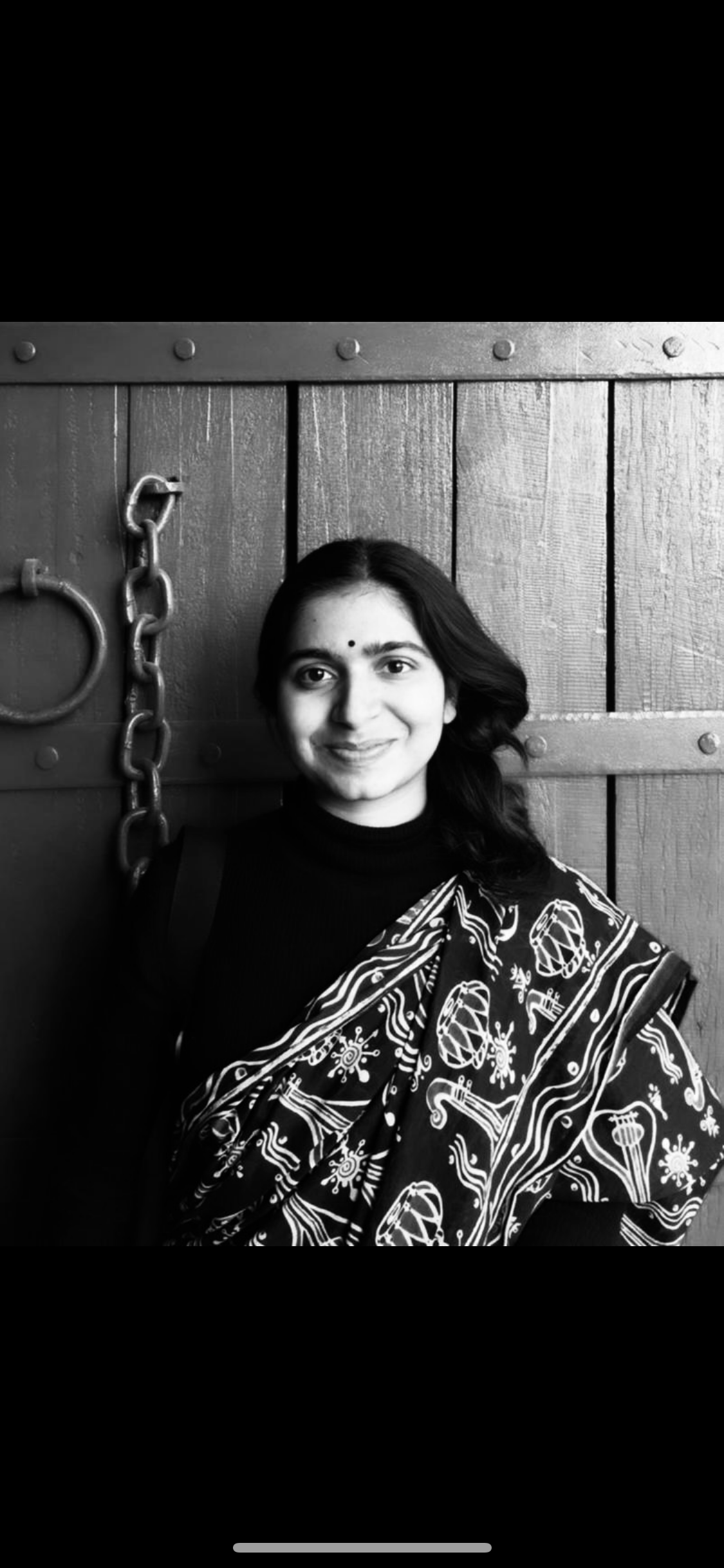Follow me on my US Tour
I will be speaking at various venues in February

Bhumika Saraswati
Bhumika Saraswati is an award-winning Indian photographer, filmmaker, and journalist whose work documents lives, narratives and landscapes that are often overlooked or erased. Raised in a Dalit household by her strong single mother, Gita, her storytelling is both deeply personal and globally resonant. Her projects examine the unequal nature of the climate crisis, particularly rising temperatures’ disproportionately impacting marginalized communities, especially women in South Asia.
PROJECT
UNEQUAL HEAT
Heat is rising temperatures; but it isn’t just that. It is also a metaphor for a simmering rage, born from generations of subjugation. Women, especially those of us deemed ‘untouchable’ and outcast, have felt this heat intimately. Stories of Dalit and Adivasi women—two communities marginalized within and oppressed by the rigid caste system—intersect in their shared struggle against systemic violence and exclusion. Though these women are crucial to our food systems and ecological balance, they remain underrepresented in climate discourse and in almost every other phase of life in India.
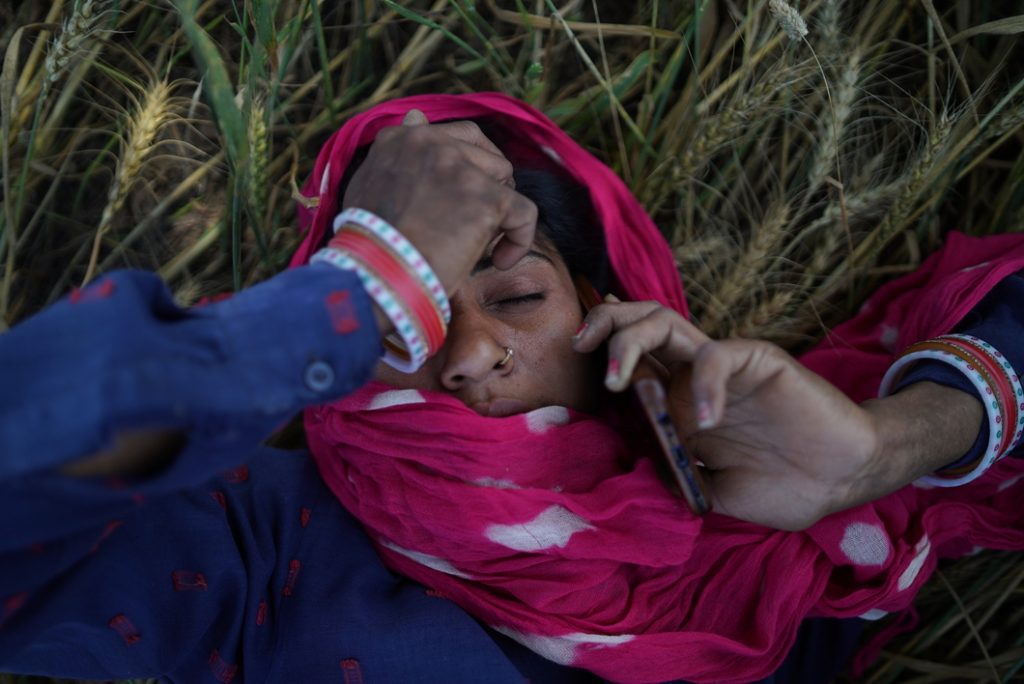
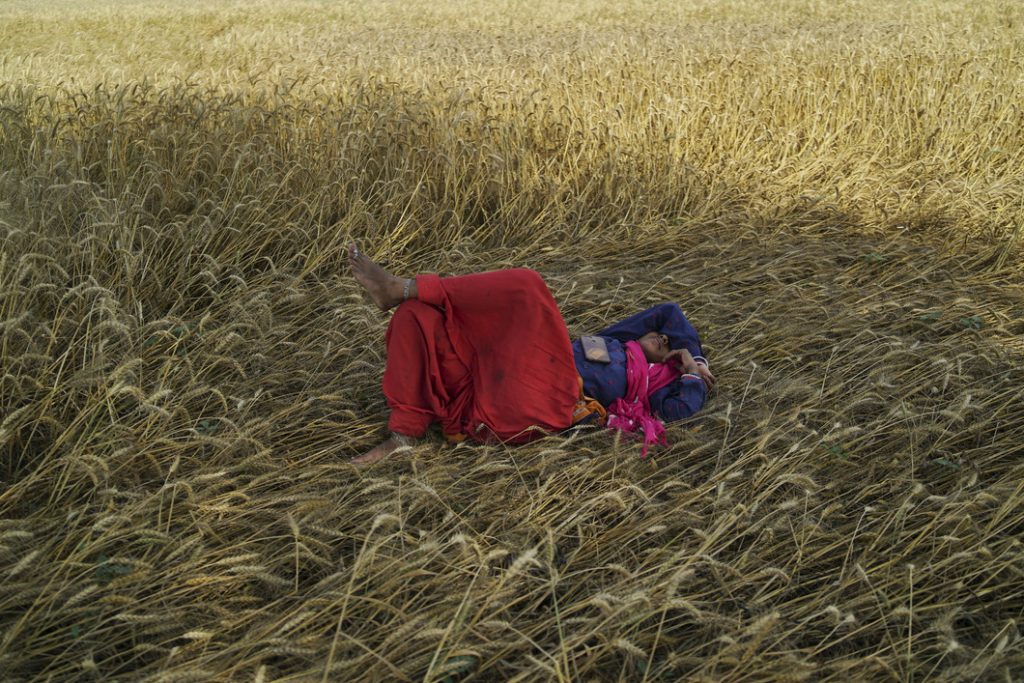
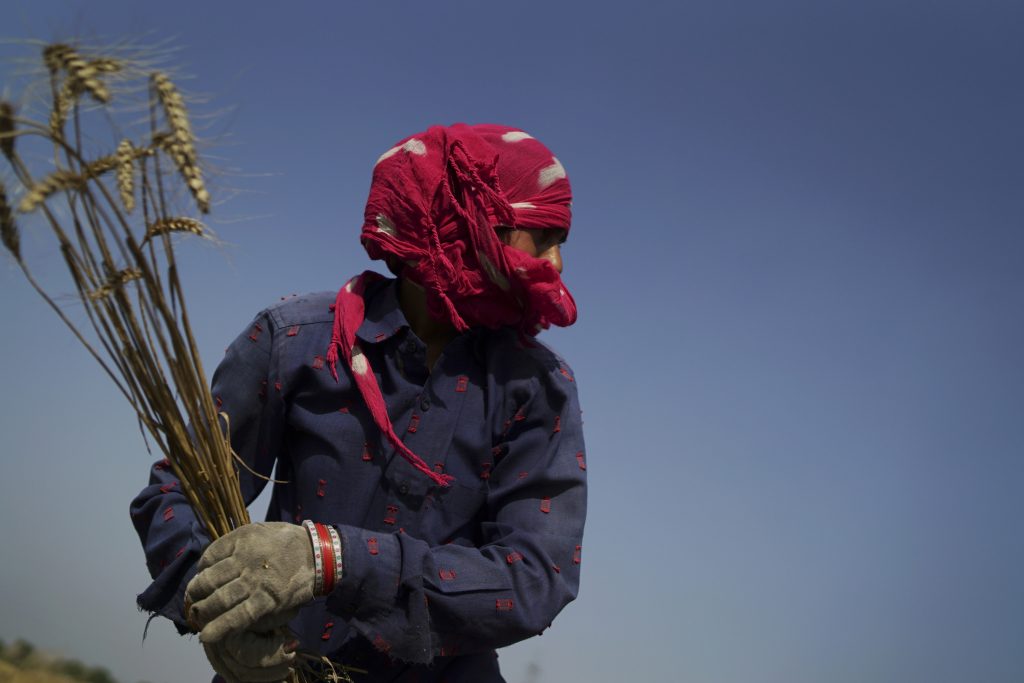
I photograph to bear witness to their resilience – in protests, agricultural fields, and forests. These photographs are evidence of a lived reality that is too often overlooked, capturing the quiet power and fierce spirit of those at the forefront and intersection of caste, gender, and climate injustice. Each photograph becomes part of an archive—a testament to a reality that, no matter how systematically hidden, insists on being witnessed and respected.
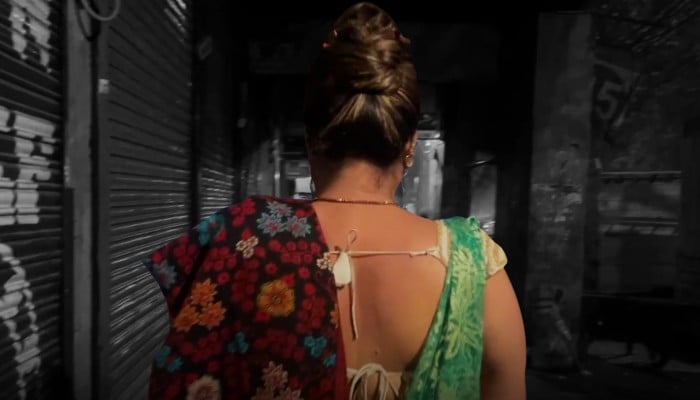
Trafficked into Sex Work
Documentary Film (Short) Winner: 2023 Human Rights Press Award. The women and children of New Delhi’s G.B. Road are afraid to tell others where they are from. They live in the Indian capital’s biggest red-light district. The mothers are sex workers. Many say they were trafficked and forced into the sex trade with no way to escape. Out of fear of being shunned by society, the children often do not finish school. The women say they have no choice but to perform sex work to survive, but they still dream of a brighter future.
Films
Kranti Collective
A physical space and collective in Palam Village, Delhi that houses a free public library, Krantijyoti Savitribai Phule Library, and hosts film screenings and co-learning workshops, particularly for children and women from marginalised backgrounds.
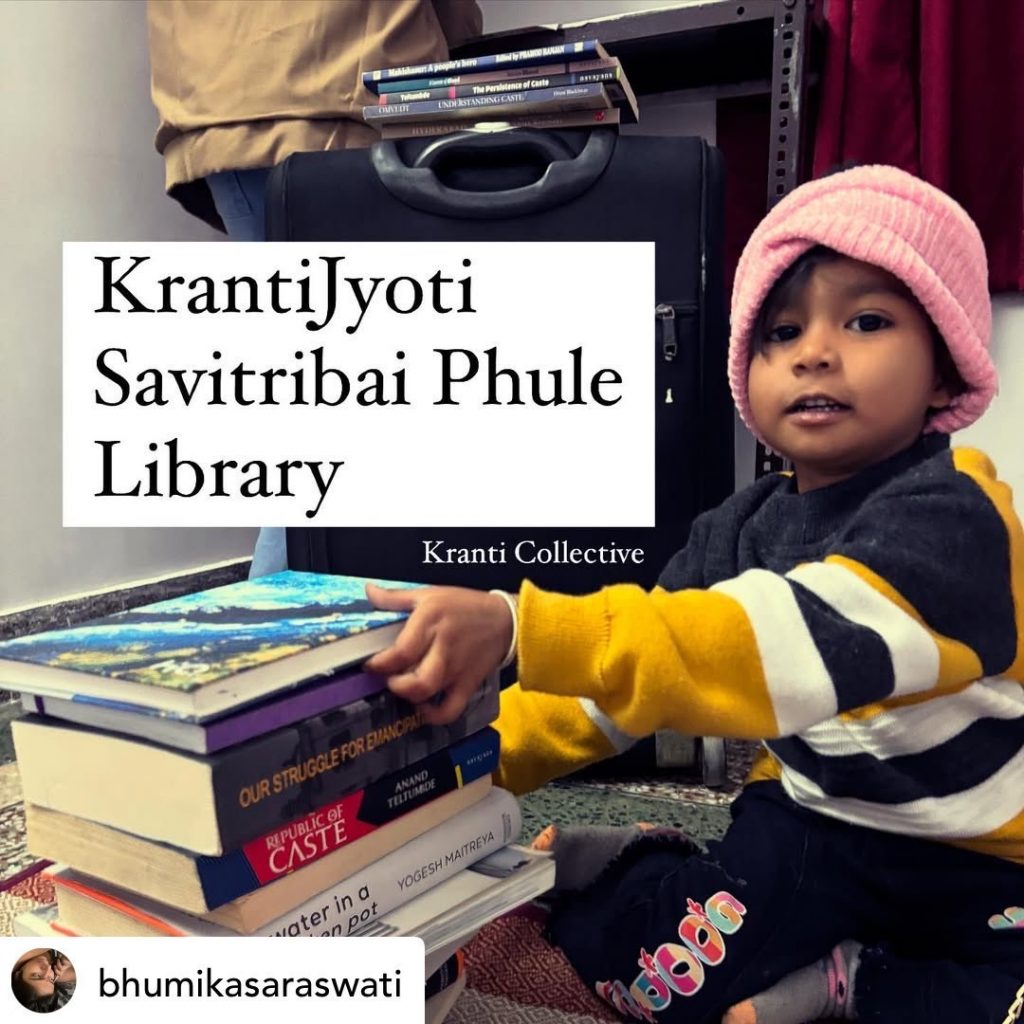
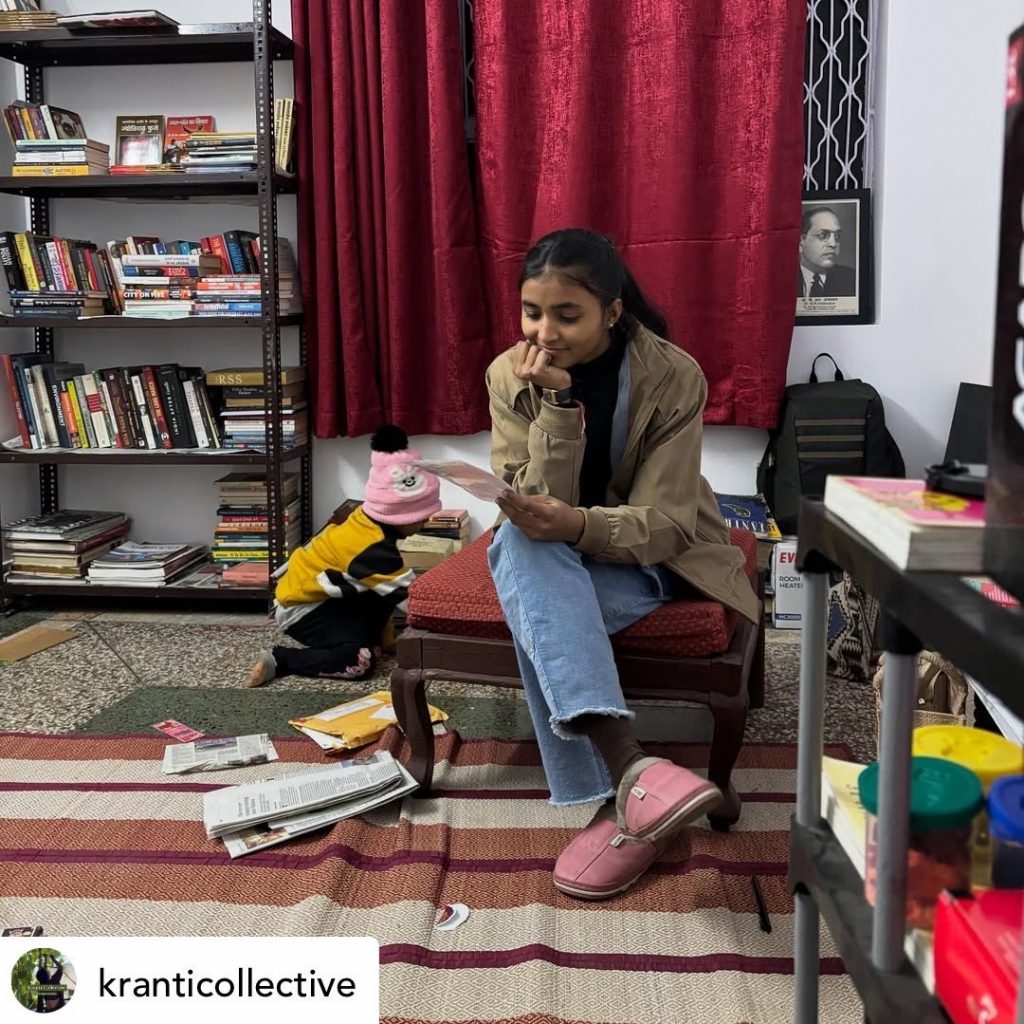
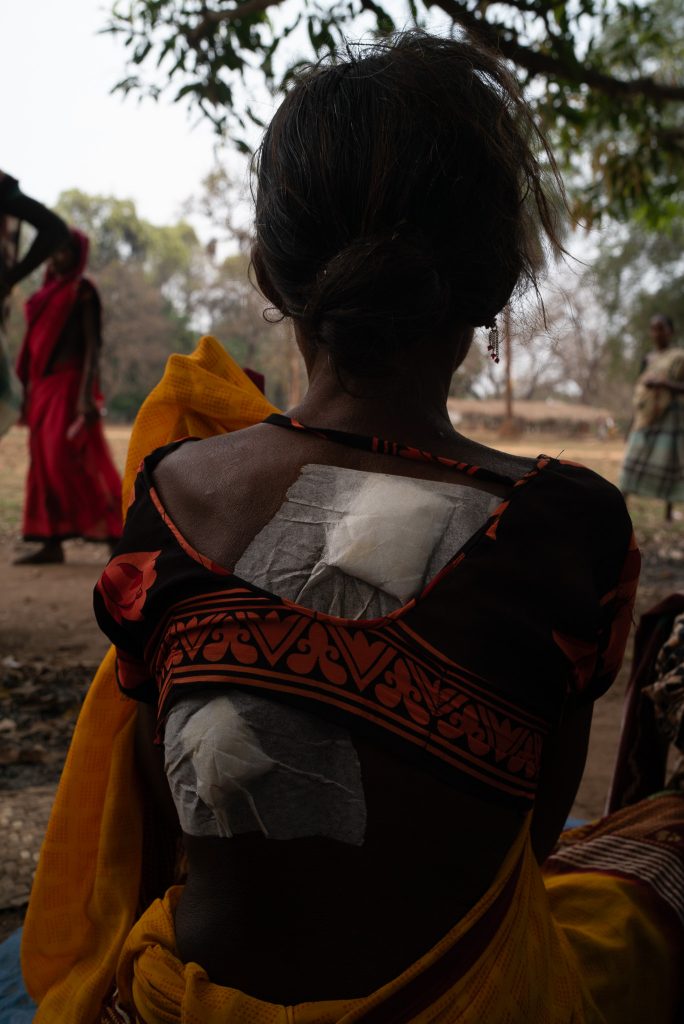
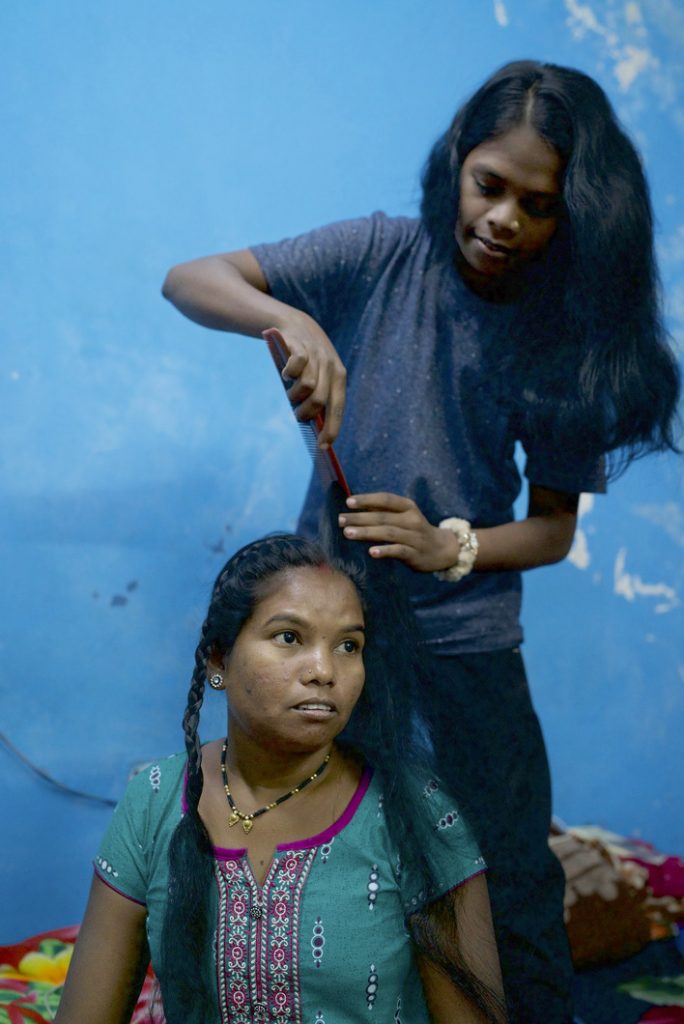
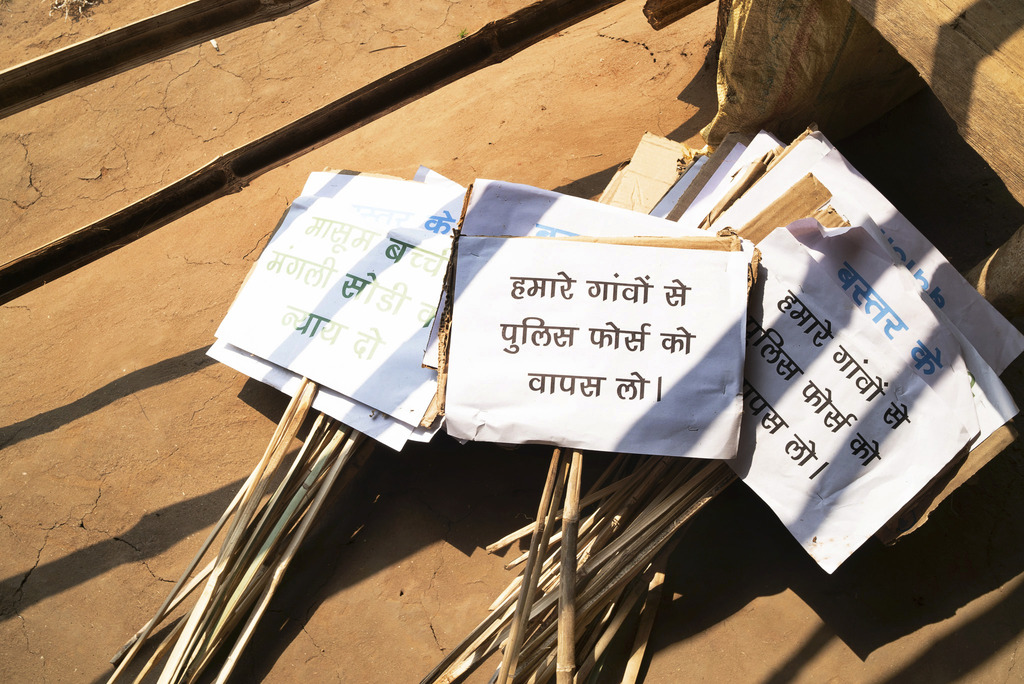
Writings
